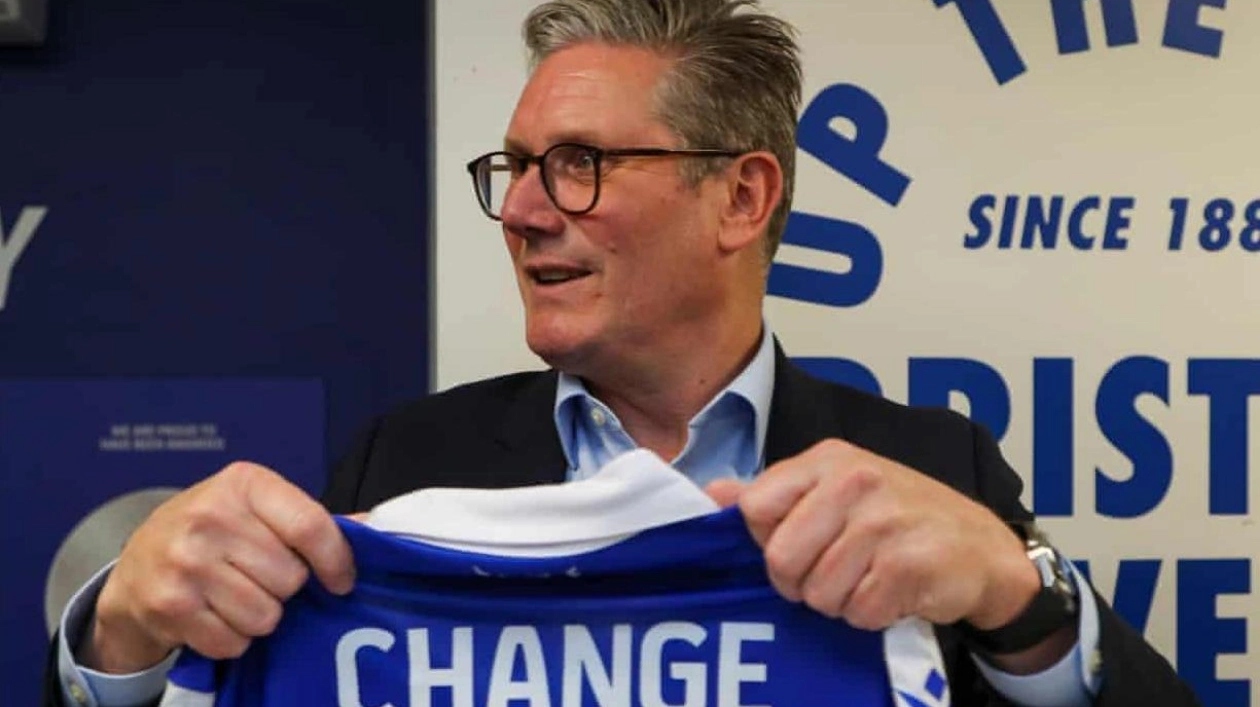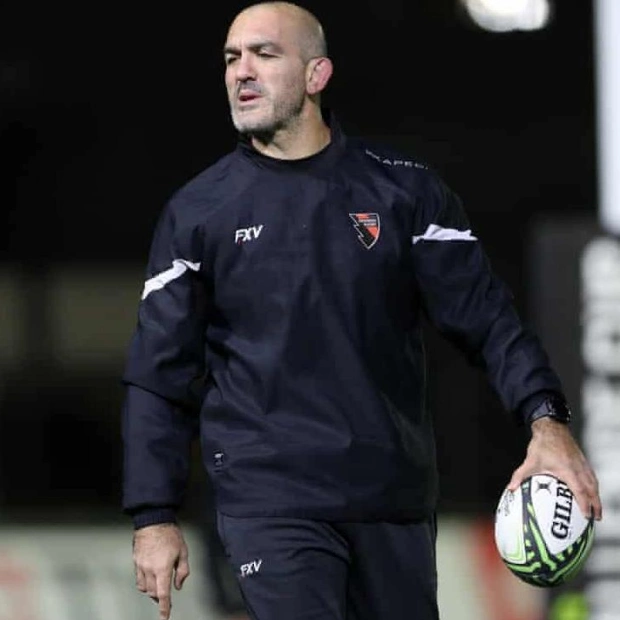Ministers have backed off from plans to mandate the new football regulator to consider the government's foreign policy when making decisions about club takeovers. This decision follows warnings from Uefa that such a requirement could lead to preferential treatment of certain countries' bids for clubs, amounting to political interference in football. The government is set to introduce the football governance bill in the House of Lords on Thursday.
Establishing an independent regulator to oversee men's elite football in England was a Labour manifesto commitment, building on plans initiated by the Conservatives. The bill, drafted by the Tories, originally stated that the regulator's decisions on future or incumbent club owners should consider 'the foreign and trade policy objectives' of the UK government. This provision drew criticism from Uefa, which argued it could result in special treatment for countries with close trading and political ties to the UK.
England is set to co-host the 2028 European Championship with Scotland, Wales, and Ireland, but there were concerns that Uefa's worries about the new regulator could jeopardize this. Keir Starmer, the Labour leader, has been in talks with Uefa to address these concerns. The prime minister suggested that the proposals did not need to be altered, as Uefa's concerns had 'slightly diminished over time.'
In 2022, the Guardian revealed how Boris Johnson's government pressured the Premier League to approve the controversial takeover of Newcastle United by Saudi Arabia's Public Investment Fund. Leaked messages suggested that Mohammed bin Salman, Saudi Arabia's crown prince, was heavily involved in the takeover. The Premier League has maintained that there is no reason to review the legality of the deal, despite Saudi Arabia's human rights record.
Proponents of the plan to require the regulator to consider foreign policy argued it was intended to prevent individuals who are sanctioned or barred from owning other UK assets from taking over clubs. There have been calls to ban foreign ownership of English football clubs entirely. During the consultation period last year, some Premier League clubs lobbied the government to block nation states from controlling teams in England.
The regulator is designed to monitor clubs' finances and enhance fan engagement. It will require clubs to consult fans before changing ticket prices or relocating their home ground and will oversee parachute payments. The culture secretary, Lisa Nandy, has assured the Premier League that parachute payments will continue, despite the EFL's desire to scrap them.
Clubs will also need to outline their efforts to improve equality, diversity, and inclusion. Any club wishing to sell their stadium to related or third-party companies will need approval from the regulator, which will only be granted if the club can demonstrate it is in their best long-term interests and has fan support.
The new bill received mixed reactions from the Premier League. While it welcomed aspects like fan engagement and responsible ownership, it expressed concerns about 'unprecedented and untested powers to intervene in the distribution of the Premier League's revenues.' The Premier League argued that 'rigid banking-style regulation' could negatively impact the league's competitiveness and clubs' investment in talent.
Rick Parry, the EFL chair, welcomed the bill, stating that the EFL will scrutinize 'the key issue around the regulator's backstop powers in respect of financial redistribution.' The Premier League emphasized its commitment to working with the government to protect English football's global standing.
The Premier League has heavily lobbied on the bill and has provided substantial hospitality to British MPs. Clive Betts, the Labour MP and chair of the all-party parliamentary group on football, noted that the gifts were 'clearly part of a campaign.'
Plans to establish the regulator were developed by the Conservatives following an attempt by elite men's clubs to form a European Super League. There have also been concerns about the financial mismanagement and collapse of smaller clubs like Bury and Macclesfield.
Tracey Crouch, the former sports minister, expressed gratitude for the government's action to protect football from rogue owners and breakaway competitions. Gary Neville, the former Manchester United and England player, emphasized the need for an independent regulator to safeguard football and its fans.
Supporters' groups from several top-flight clubs will stage protests at matches over the next fortnight in response to rising ticket prices, backing the Football Supporters' Association's #StopExploitingLoyalty campaign.
Source link: https://www.theguardian.com






